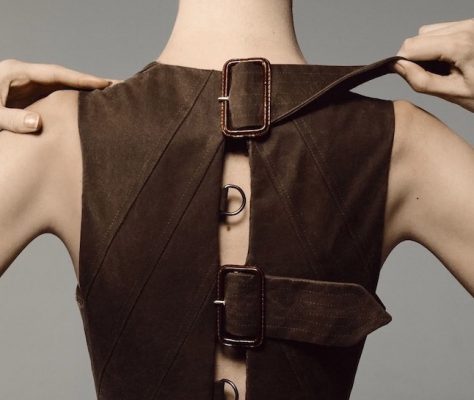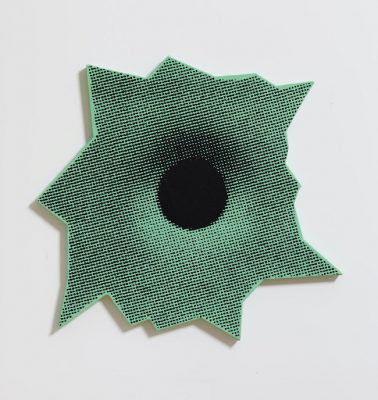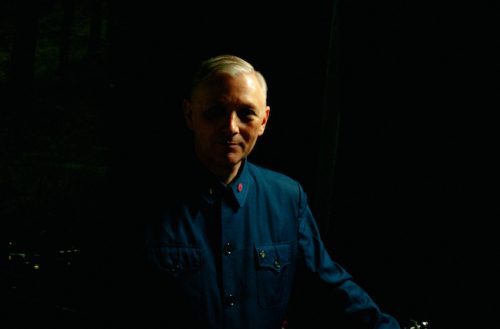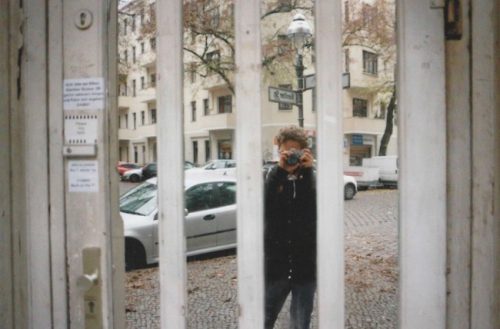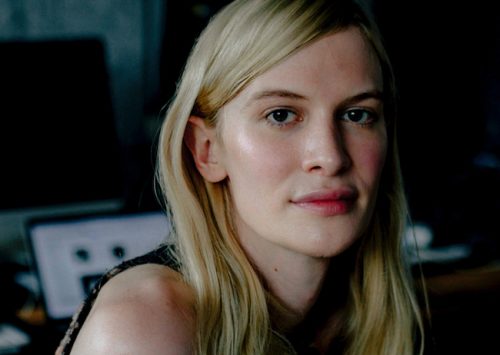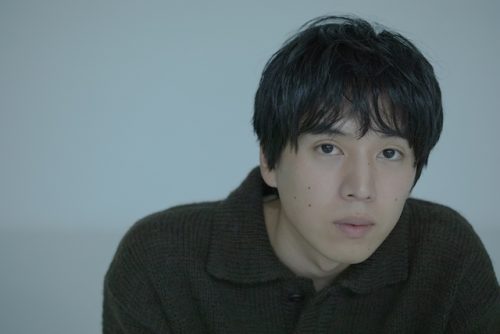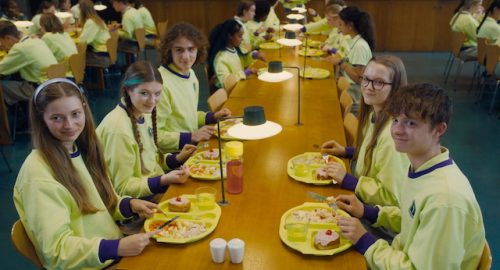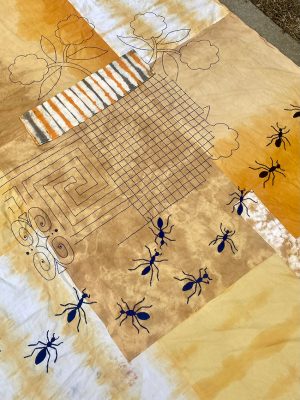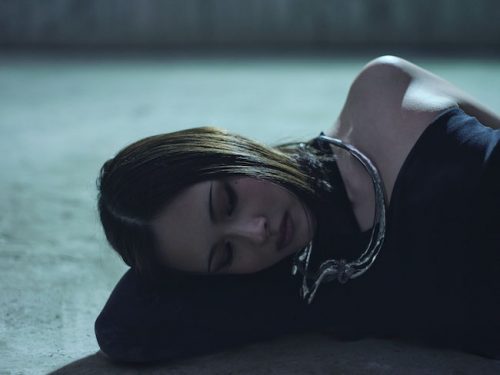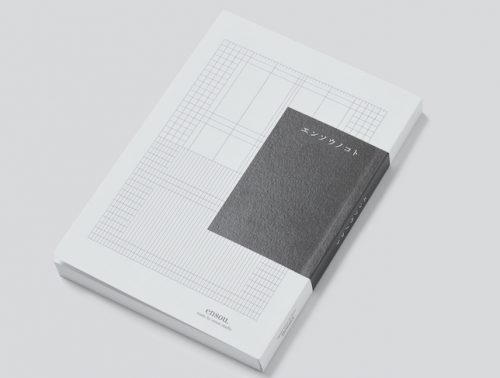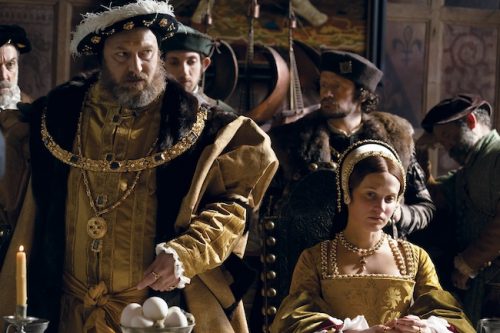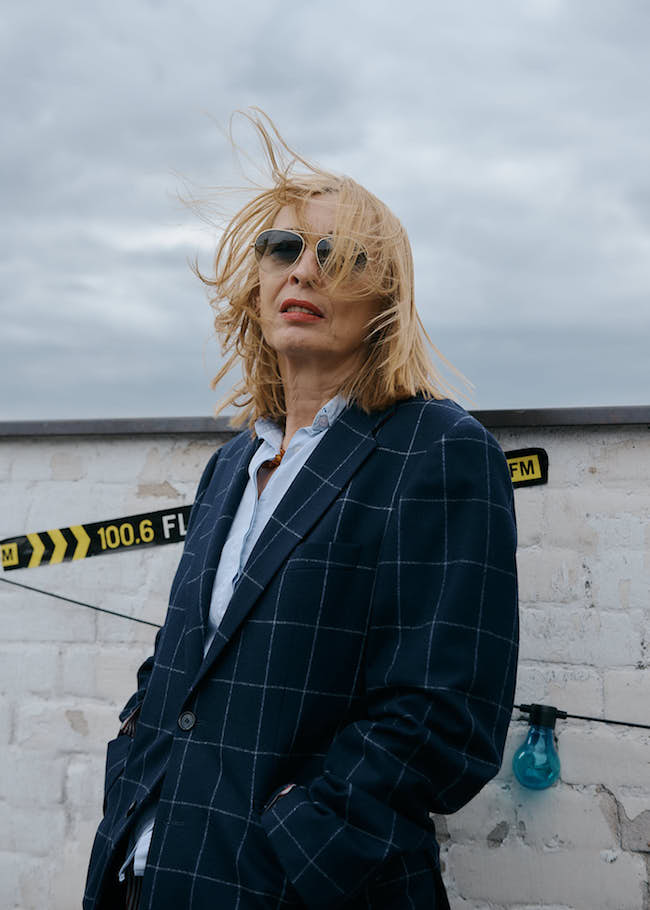
Age is just a number and there is no clear definition of being what is an adult and every person is different. We can’t define it, so everybody is looking for their own answers in life. 14 is a sensitive age. It’s when you start thinking about your own future, so we wanted to make a series of age 14. After the Tokyo and New York issue, we selected 15 people in Berlin who have very diverse background, different ages and professions for 14 Issue in Berlin.
Final interview is with German female musician Gudrun Gut. She just has released her acclaimed 3rd solo album “Moment” and is active in Berlin’s subculture scene since the late 1970s as a part of Mania D, Einstürzende Neubauten, and Malaria! etc… Her talents extend beyond music to founding record labels, djing and experimental feminist collaborations. We got an opportunity to have an interview with her after her radio interview at FluxFM. What were her teenage years like and what is her message to the youth of today?
—Could you tell us about yourself when you were 14 years old?
Gudrun: I grew up with my mother and my younger sister in the Lüneburger Heide in Northern Germany. Kinda like a female family. My sister and I used to have parties at our house in the afternoon before my mother came back from work, haha. We invited our friends and secretly smoked cigarettes. My mother was very open minded and we could do what we wanted but then I secretly wished she would be a bit more strict with us. Sometimes she walked around naked in the house. She was pretty cool and warmhearted. We learnt to organize ourselves: making lunch together and sometimes making dinner and waiting for her. All the technical stuff as well. She was technically really bad, so we fixed the lightbolts and TV stuff by ourselves. That was good for my later life – no fear of technic.
—What did you do in those days?
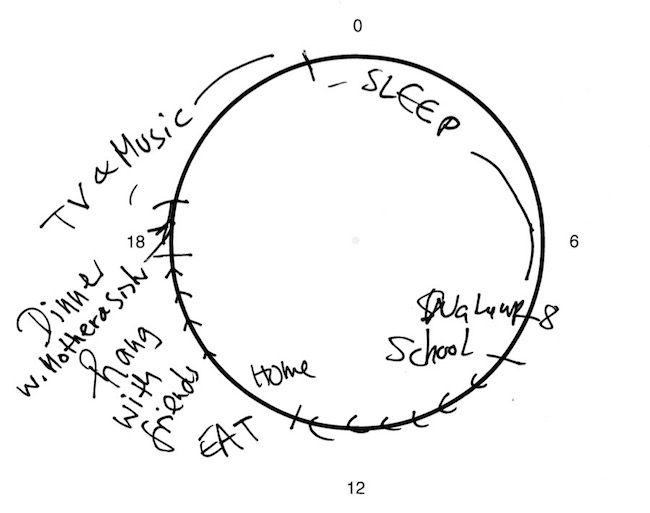
—What did you think about at age 14?
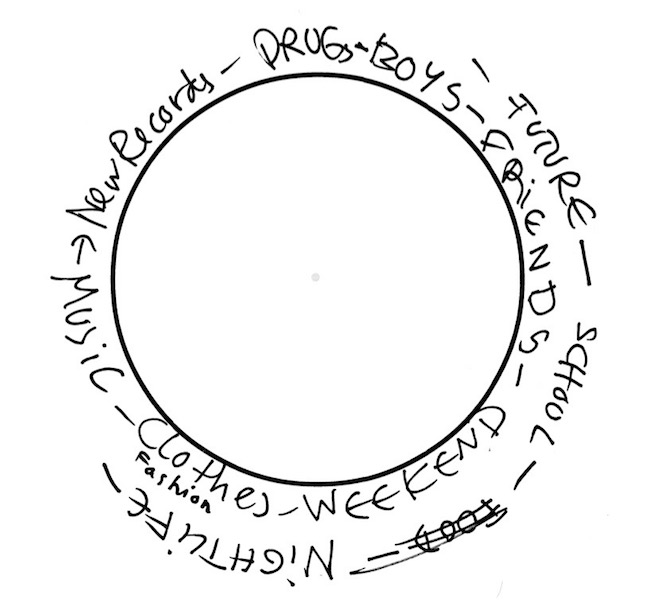
—Please tell us your most memorable moment at age 14.
Gudrun: There were the “Bundesjugendspiele (Sports event)” at school. I loved art but really hated sports. Then my friends and I skipped out of it and I smoked my first hashish cigarette in a bush. But I didn’t like it and still don’t like it, haha.
—What did you want to do when you were 14 years old?
Gudrun: No, I don’t remember it.
—When did you get into music?
Gudrun: I already worked at an independent music store called “Flash” which was a Virgin Records distributor in Germany when I was a teenager. It had a mail order system and I was just packing boxes of record because I wasn‘t allowed to sell the records on the phone. I listened to strange music like Henry Cow and White Noise. Recently I started to listen to White Noise again. Hey Delia Derbyshire! Very nice and pretty weird stuff. I was always interested in music and all my friends were into music too. We often went to the record shops in the next big city and listened to the all the new stuff but I didn‘t have enough money to buy all records. At least we could listen.
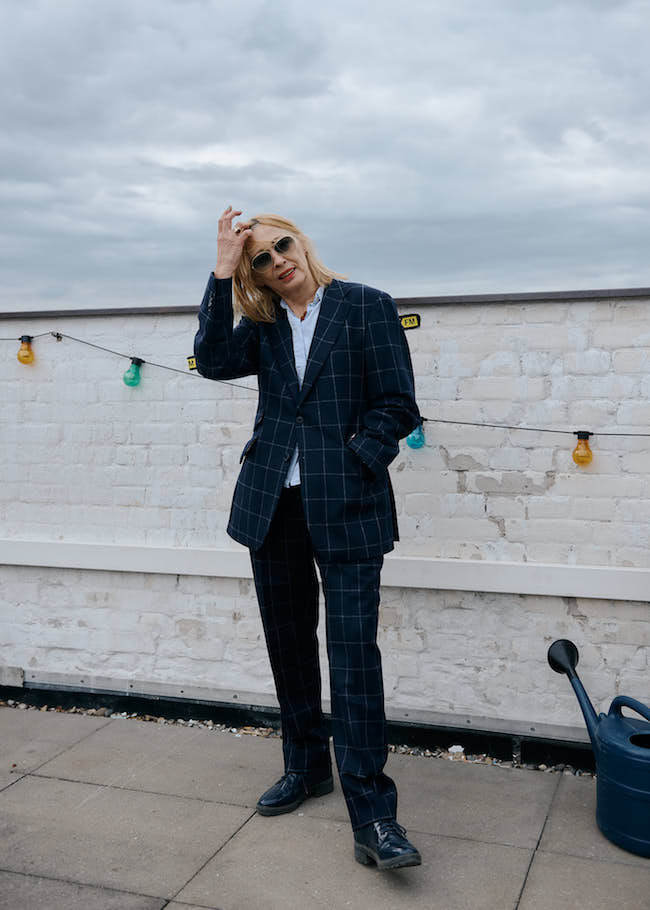
—When did you start to play instruments?
Gudrun: I played flute when I was 7 or 8. My grandmother was a piano player, so we had to learn an instrument. I learnt to play the accordion from her.
In 1979 there was the punk movement and I started a band with my friends. I wanted to play drums because I didn’t like the other drummer. I played drums and a synthesizer: “Korg MS-20”. Korg is still a good company and the MS-20 still one of my favorite.
—Also you are writing music.
Gudrun: I was actually surprised to find out how easy it is to compose. It‘s weird, maybe it‘s hard for others to compose, but it‘s very easy for me. I‘m a creative person. I wasn‘t sure if I‘d go into music or arts or film or something like that. I‘m not so much like a musician, I‘m an artist musician.
I never liked rehearsals and practiceing because I had to do that when I was a child, haha. I love composing and producing and production. Of course I always enjoy playing live too.
“B-Movie: Lust and Sound in West Berlin 1979-1989 (2015)”
—Since you moved to Berlin in 1975 you are a part of the alternative music scene in Berlin. How was the position of female musicians in eighties?
Gudrun: We were very young in our twenties, so for us it was very natural to do this. There were a lot of girl bands too. Ten years later I realized, hmm all the boys are making careers, but we are not. It’s strange. We didn’t think about it then but now it is different.
—In general, it’s still more difficult for female musicians to survive in the music industry than for male musicians. What do you think about it?
Gudrun: I am a feminist when it comes to that! I think especially in the music industry it is very important to hear female voices because they are not less talented than men. Normally my art class girls are better than the boys. The International network of female, transgender and non-binary artists in electronic music and digital arts “female:pressure” counted the number of acts at festivals all over the world. 80-90% is male. But now it’s the changing a bit. Good festivals realized this and try to work on it. They are not ignoring it anymore. Female musicians have to play live because if they don’t play they can’t get better. They need more opportunities.
—What good and hard things have happened to you since you started your work?
Gudrun: Traveling is hard for me. Flying, waiting at the airport, time differences and so on. Actually the concerts are very enjoyable if the sound is good. Lots of fun and you can get something back from the audience. I like composing and writing music but both have their good and bad parts. It’s great if you create something new but often you get stuck. You think you never can finish it or you just hate it. Like crawling into a hole and you think you never get out. But suddenly you come up with the idea. It’s wonderful but always pretty much up and down. Anyway I love it!
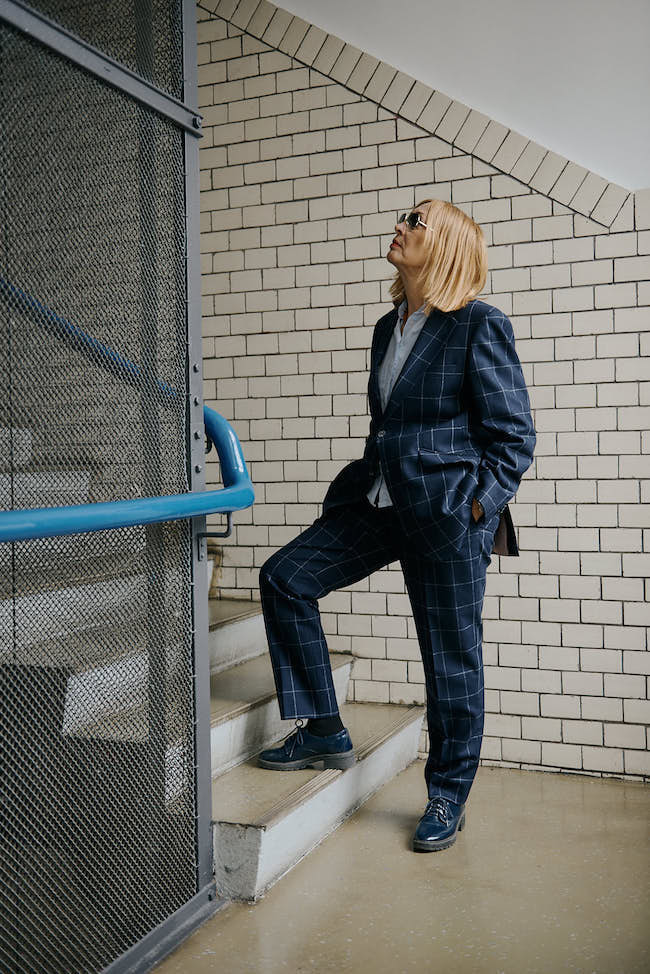
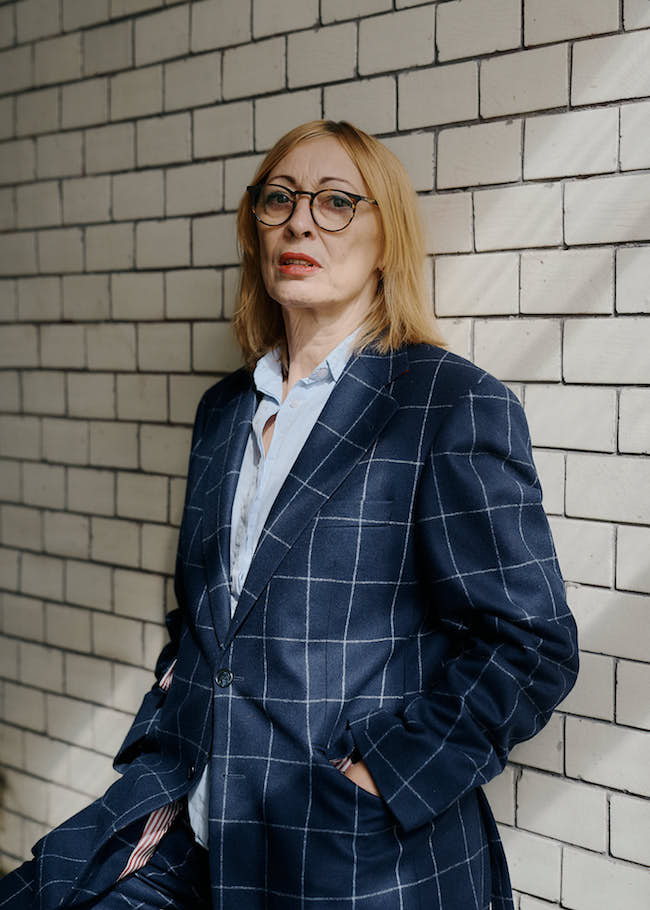
—What did you listen at age 14?
Gudrun: I listened to glam rock. I loved David Bowie and Marc Bolan of T. Rex. My first big concert was Genesis. The boss from “Flash” brought us to the concert. He was a young guy and cool, looked like Bryan Ferry. In my teenage we went out to the discos and we saw lot of Krautrock like CAN etc… I still like both concerts and club nights.
—What inspired you then?
Gudrun: I was very confused and tried to find myself. But I remember clearly watching a TV documentary about the fashion designer Claudia Skoda when I was 16. I didn’t know there were people like this who were free. Women who do what they want, experience life and try different stuff. “Wow, that’s very interesting!”. I really like Valeska Gert a dancer from the 1920s. She was on a TV talk show as an old lady with a lot of make up and was dancing an orgasm. Crazy and fantastic.
—Is there anything you would recommend to 14 years olds?
Gudrun: I really like the radio and often listen to it online for checking the new music. I think the radio is very good for finding new music. Berlin has some good radio stations and I like Cashmere Radio.
—Is there any message to them?
Gudrun: Be brave.
—Do you have any upcoming news that you want to share with the readers?
Gudrun: My new album “Moment” is already out and I’m working on the remixes now (release on 16th of August). We release a double album by Malaria! this autumn and are currently working on the sleeve. One day I hope I play in Japan – maybe when I’m 80!
Malaria! “Your Turn to Run” (1991)
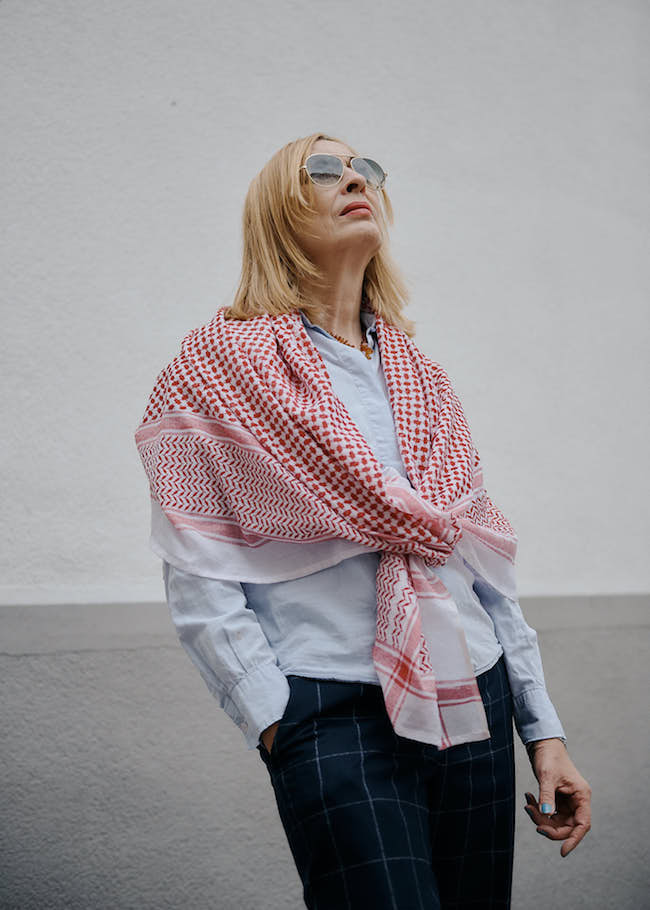
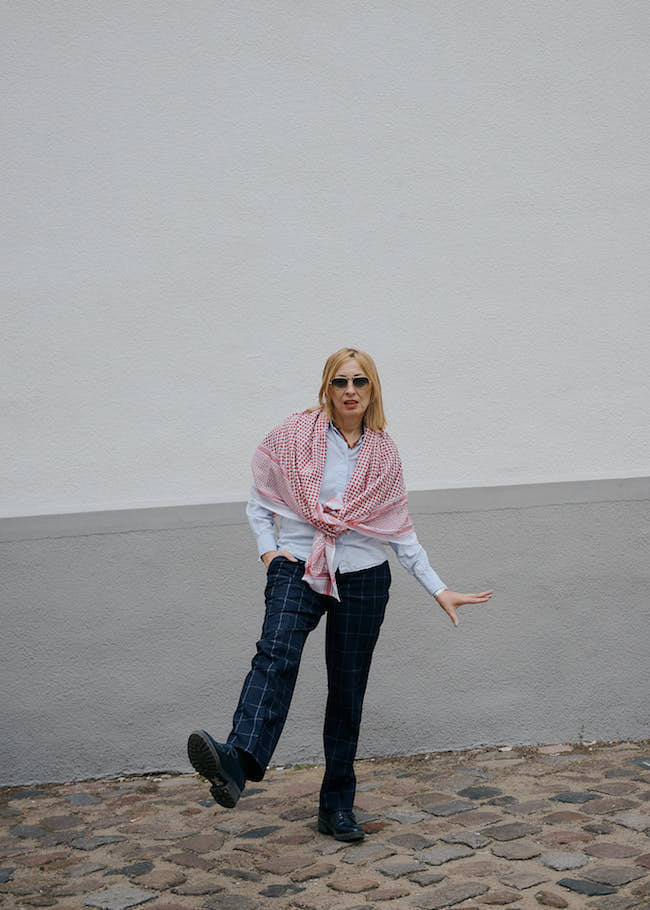
photography Noel Richter
text Yukiko Yamane
Gudrun Gut
www.gudrungut.com
@gutgudrun:https://www.instagram.com/gutgudrun/




